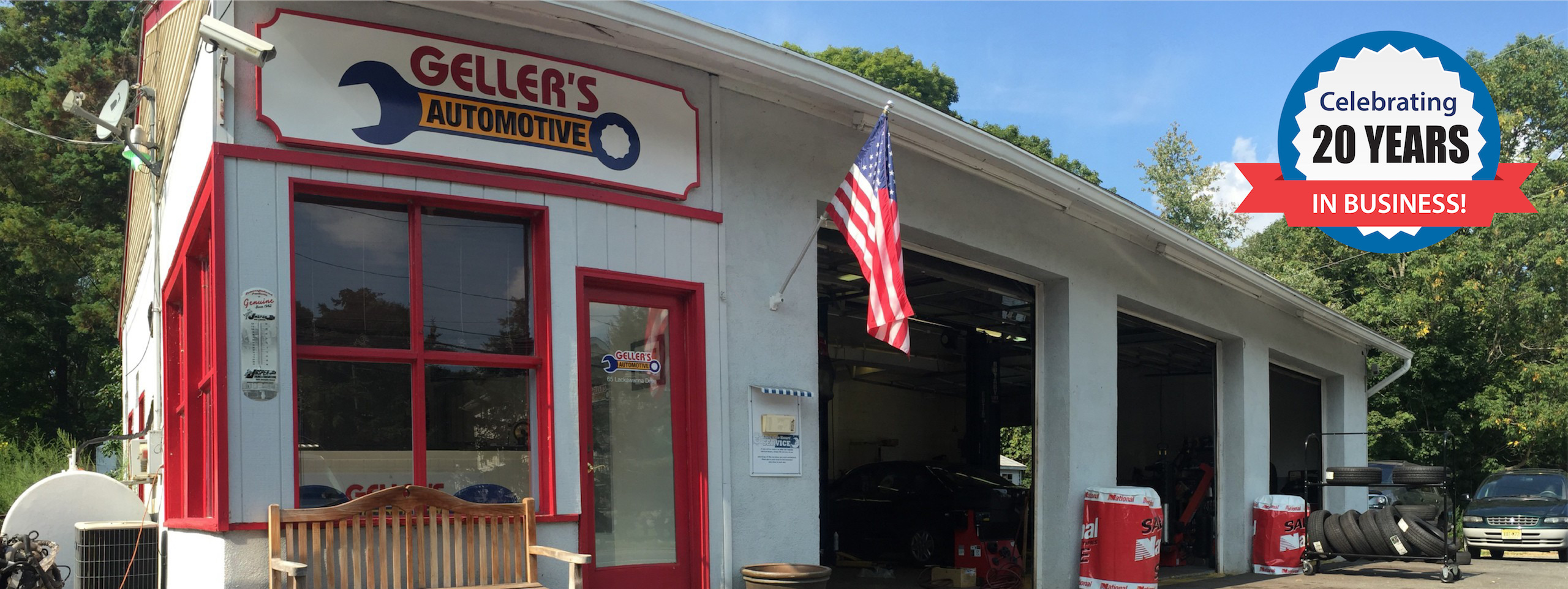
Most drivers have probably heard of the term “differential” when it comes to their vehicle – but chances are that many drivers probably do not know what the differential is and does for the vehicle.
In this blog, we explain the purpose of the differential and signs to look and listen for if your differential is experiencing any failure.
What is the differential?
In a perfect world when you are driving straight on a highway your wheels should be traveling at the same speed. As long as your wheels are aligned and balanced, wheels should maintain the same speed in order to maintain traction and control of the road.
But what happens when you make a turn?
Turning alters the speed of the wheels in the front and back of the vehicle, as well the left and right wheels. For example, if you take a left turn, the front wheel on the outside of the vehicle needs to move faster than the front wheel on the inside. That’s where the differential plays a role. Simply put, the differential is a set of gears that is part of the front and rear axle. The differential controls the wheels to operate at different speeds on the same axle assembly.
There are different types of differentials, depending on the type of your vehicle and the manufacturer.
What types of problems can occur with the differential?
Much like many components of your vehicle’s engine, the differential is subjected to factors such as heat and movement that can create wear and damage over time. Many problems that may arise with your differential involve the various gears or bearings. The good news is that there are some signs that can indicate a possible problem with your differential.
Common signs:
- A whining or howling sound while accelerating
- A whining noise while decelerating
- Clunking sounds when making turns or when the vehicle is starting to move
- Rumbling when driving over 20 mph or during turns
- Excessive shaking or vibration as the vehicle gains speed
How can the differential be maintained?
One of the more important maintenance tasks for your differential is to change the differential oil. Because the differential is comprised of moving metal parts, it needs proper lubrication to ensure that the friction is not causing damage during movement. If there is a leak or the differential oil is low, this could cause damage to your vehicle. This maintenance item is not necessary as frequently as your motor oil, and it is generally recommended to have it done every 30,000 – 50,000 miles.
If you have a concern that there may be an issue with your vehicle’s differential based on some of the common problem signs that we have indicated above, contact us today to schedule an appointment. At Geller’s Automotive, our service professionals will inspect your vehicle and advise you about any necessary repairs to the components of the differential.



